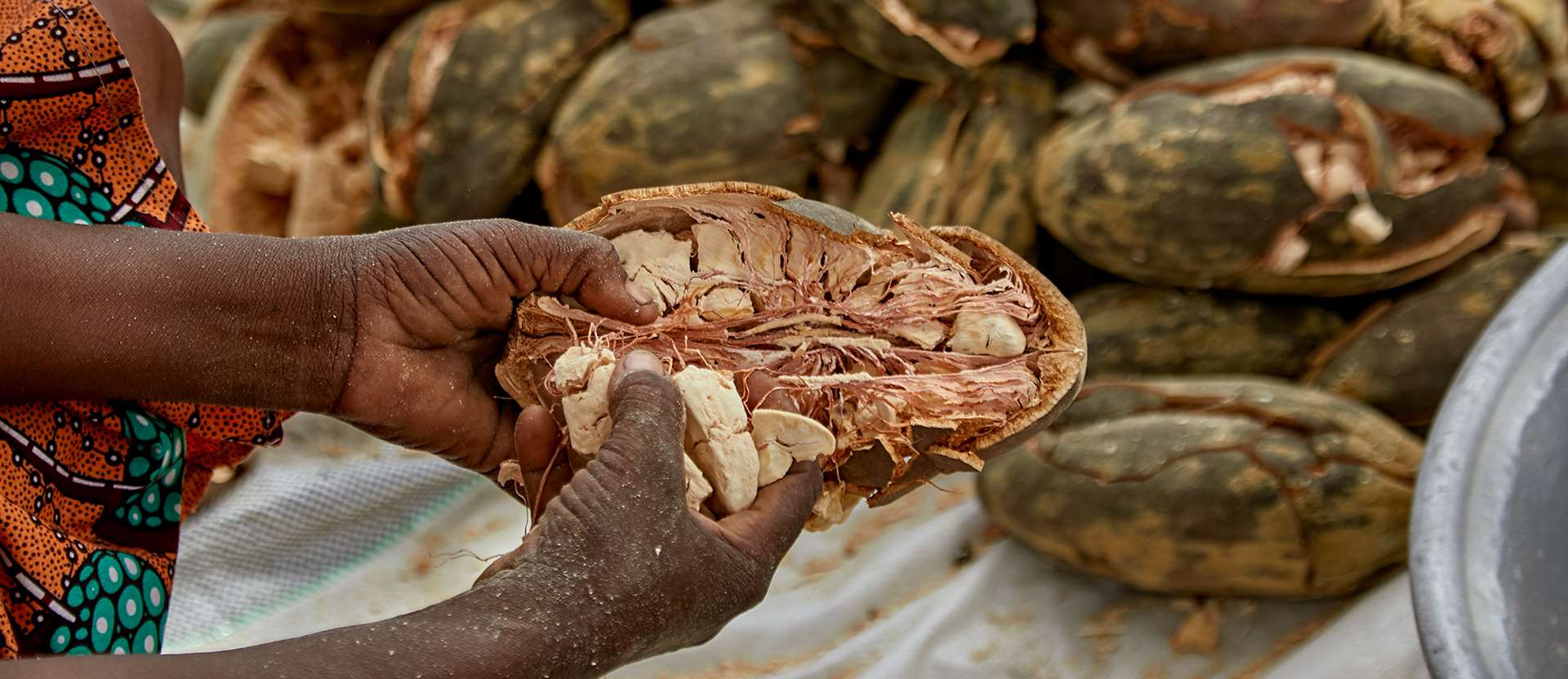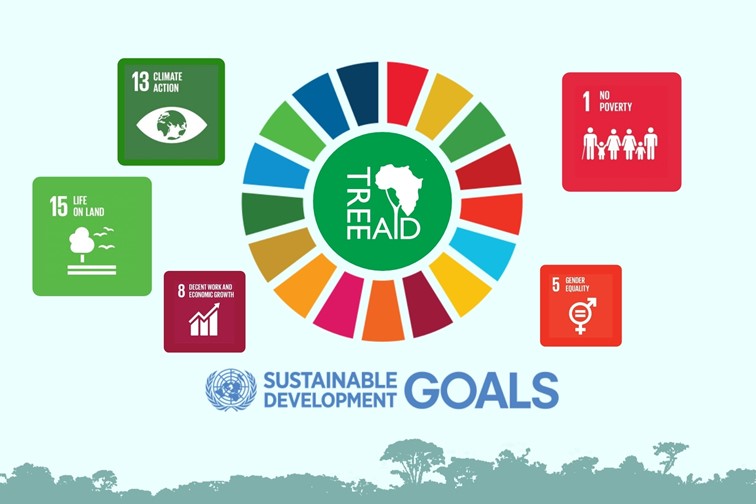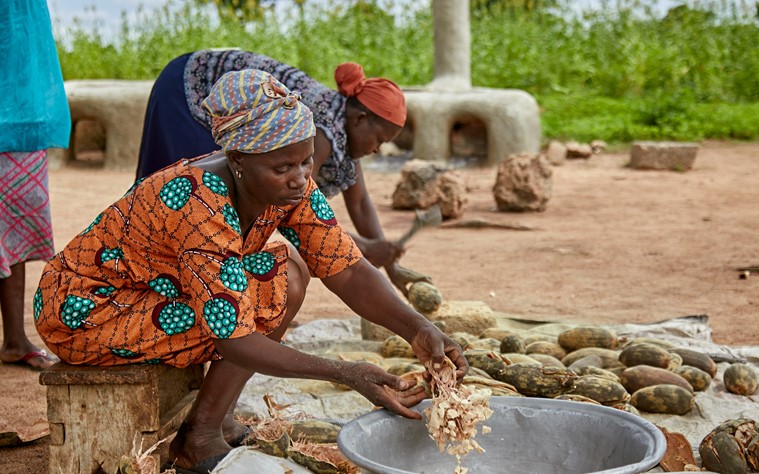
Working towards the Sustainable Development Goals by 2030
28th January 2019In 2015, the 193 Member States of the United Nations adopted the 2030 Agenda for Sustainable Development to provide a framework for a better and more sustainable future for all. The Agenda, centred around 17 Sustainable Development Goals (SDGs), is an urgent call to action for all countries to work in a partnership to transform our world through social progress, economic growth and environmental protection over the next 15 years.
Both the SDGs and Tree Aid’s framework are geared towards tackling the root causes of poverty and hunger, building a fairer society and leaving no one behind.
All of Tree Aid’s work contributes towards the Sustainable Development Goals. Our Director of Operations, Tom Skirrow and Head of Programme Quality and Advocacy, Pietro Carpena explain how, by looking at our one of our Forest Governance Projects, based in Burkina Faso.

Sustainable Development Goal 1: End Poverty
In 2015, there were still about 737 million people living under $1.90 a day. About three-quarters of these people live in rural areas and are almost entirely dependent on agriculture for their livelihoods and food security. Since the start of our Forest Governance project in Burkina Faso in 2007, we have been helping some of the poorest communities in rural Africa to lift themselves out of poverty.
Following the decentralisation of forest management across Burkina Faso in the 1990s, there was widespread confusion over the roles and responsibilities of individuals, local authorities and the central government in forest management. As a result, communities were often unable to use or protect the forest in ways that they would like to and their access to trees was jeopardised.
Through collaboration with the local government and community training, we have helped to transfer the power and responsibility of natural resource management back to the community. This has allowed the poorest sections of society to have a greater voice and improved access to the resources that they rely upon.
Sustainable Development Goal 5: Gender Equality
Despite women making up about half of the agricultural labour force in developing countries, their rights over land and assets are far more limited than those of men. By developing and supporting legal frameworks to improve women’s access to, and control over, land Tree Aid has helped to open up opportunities for rural women. Women entrepreneurs in project communities have become more involved as community leaders and now have a greater voice in decision making about their local forests.
Sustainable Development Goal 8: Decent Work and Economic Growth
The promotion of the sustainable use of forest products to generate community income has brought real economic progress to these villages and is one of the greatest achievements the project has delivered to date. Our project participants are now able to produce three times as much income from non-timber forest products compared to other non-participating neighbouring communities.

Sustainable Development Goal 13: Climate action
In the communities where we work, the climate crisis is not a future threat but a daily reality. The effects of deforestation, desertification and a changing climate are widespread. There is clear evidence that temperatures are rising, a shorter rainy season is now a reality and droughts and floods are becoming more frequent and severe.
Trees are resilient, withstanding drought and flooding when other crops can’t. They also provide a vital resource for the whole world, acting as a carbon sink to cool the earth and reverse the effects of climate change.
All of the work we are doing, including our Forest Governance work in Burkina Faso, is contributing to a bigger movement of change. Every tree we plant or protect is contributing to the building of the Great Green Wall. This is an African-led movement to grow an 8,000km natural wonder, spanning the length of the Sahel.
We are helping to create lasting change for communities living on the frontline of the climate crisis in Africa’s drylands, while also contributing to a bigger movement of change for the continent.
Learn more about how trees are being used to tackle the effects of the climate crisis
Sustainable Development Goal 15: Life on Land
"Trees are essential to both people and the planet — bolstering livelihoods, providing clean air and water, conserving biodiversity and responding to climate change — it is vital for rural communities to learn how to protect their forests in a sustainable way"
- Tom Skirrow, Tree Aid CEO
Before our Forest Governance project, uncertainty over who was responsible for forest management resulted in many trees being harvested in an unregulated and unsustainable way leading to a worrying increase in deforestation.
By improving the way forest resources are being managed in West Africa, the project has not only protected against forest degradation and deforestation but also ensured the restoration and regeneration of over 22,000 hectares of degraded forest.
Currently funded by the Swedish International Development Agency (SIDA), the project has been delivered in collaboration with local partners and the Burkina Faso Directorate of Rural Forestry at the Ministry of the Environment, Green Economy and Climate Change.



